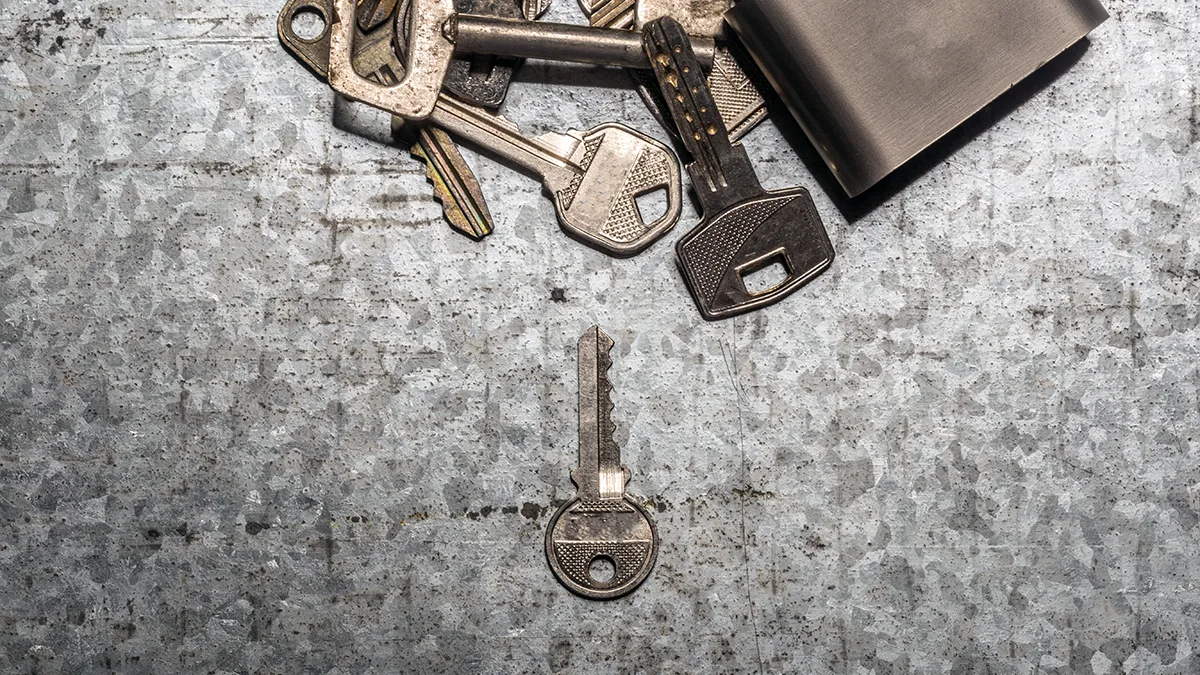The Hidden Costs of DIY Lock Repairs and How to Avoid Them. In a bustling city…
Common Mistakes That Could Invalidate Your Home Insurance
Common mistakes that could invalidate your home insurance: A guide for London property owners created by Locksmith CO.
Owning a property in London comes with its own set of responsibilities, one of which is ensuring that your home insurance remains valid.
Common Mistakes That Could Invalidate Your Home Insurance
However, many property owners unknowingly make mistakes that could potentially invalidate their insurance, leaving them vulnerable in the event of a claim.
From failing to inform your insurer about renovations to neglecting to install adequate security measures, these oversights can have serious consequences.
In this guide, we will walk you through some of the most common pitfalls and provide practical advice on how to avoid them, ensuring that your home remains protected and your insurance policy remains rock-solid.
Common Policy Mistakes
Neglecting Regular Maintenance
Neglecting regular maintenance is a frequent error that can lead to serious repercussions for your home insurance.
Insurers expect homeowners to take reasonable steps to maintain their property. Ignoring small issues like a leaky roof or blocked gutters can result in significant damage over time, which may not be covered by your policy.
For instance, if a minor leak turns into extensive water damage, your insurer may refuse to pay out on the grounds of negligence.
Regular inspections and timely repairs are crucial.
Keeping a maintenance log can also be beneficial, providing evidence that you have fulfilled your responsibilities as a homeowner.
By staying proactive with upkeep, you not only preserve the value of your property but also ensure that your insurance remains valid, safeguarding you against potential claims denial.
Misrepresenting Property Details
Misrepresenting property details, either intentionally or accidentally, is another common mistake that could invalidate your home insurance.
When applying for a policy, it is crucial to provide accurate information about your property.
This includes the year it was built, the type of construction, and any previous claims made. Inaccurate or incomplete information can lead to an insurer denying a claim on the grounds of misrepresentation.
For example, failing to disclose that your property has a flat roof or is situated in a flood-prone area can significantly affect your coverage.
Always double-check the details you provide and update your insurer if any changes occur, such as renovations or the addition of security features.
Accurate representation ensures that your policy reflects the true risk, providing you with the protection you need when it matters most.
Failing to Update Coverage
Failing to update your coverage is a critical mistake that can leave you underinsured and vulnerable.
Life changes, such as home renovations, acquiring valuable items, or even starting a home-based business, should prompt a review of your insurance policy.
For example, if you add an extension to your home or install high-end appliances, the value of your property increases.
If you do not update your coverage to reflect these changes, you might not be fully compensated in the event of a loss.
Similarly, acquiring expensive electronics or jewellery should be reported to your insurer to ensure they are covered.
Regularly reviewing and updating your policy ensures that it evolves with your needs, providing comprehensive protection.
Contact your insurance provider to discuss any changes and make adjustments accordingly to keep your coverage current and effective.
Security Oversights
Installing Substandard Locks
Installing substandard locks is a common security oversight that can jeopardise your home insurance.
Insurers often require specific types of locks, such as British Standard BS3621, on all external doors and accessible windows.
Substandard or non-compliant locks can make your home more vulnerable to break-ins, increasing the risk for insurers.
If a burglary occurs and your locks do not meet the required standards, your insurer may deny your claim, arguing that you did not take adequate steps to secure your property.
To avoid this pitfall, invest in high-quality locks and ensure they are professionally installed.
Regularly check the condition of your locks and replace them if they show signs of wear and tear.
By adhering to your insurer’s security requirements, you can ensure that your home remains protected and your insurance policy remains valid.
Ignoring Alarm System Requirements
Ignoring alarm system requirements is another significant security oversight that can invalidate your home insurance.
Many insurers offer discounts or mandate that homeowners install specific types of alarm systems to enhance security.
However, simply installing the system is not enough; it must be regularly maintained and in proper working order.
Neglecting to set the alarm when leaving the house or failing to service it can lead to a denied claim if a burglary occurs.
Additionally, some insurers require monitoring services, where an external company oversees your alarm system.
Not adhering to these requirements can result in a lack of coverage.
To ensure compliance, carefully read your policy’s security stipulations and follow them diligently.
Regularly test your alarm system and keep up with any maintenance schedules.
By doing so, you uphold your end of the agreement, maintaining both your home’s security and the validity of your insurance policy.
Skipping Professional Inspections
Skipping professional inspections is a security oversight that can have serious implications for your home insurance.
Many policies require periodic inspections by qualified professionals to ensure that security systems and structural components are in optimal condition.
For instance, electrical systems, fire alarms, and even structural elements like roofs may need regular professional evaluations.
Neglecting these inspections can lead to undetected issues that compromise your home’s security and safety.
In the event of a claim, your insurer might deny coverage if you cannot provide proof of these inspections.
To mitigate this risk, schedule regular check-ups with certified professionals and keep detailed records of their findings and any remedial actions taken.
Not only does this maintain your home in top condition, but it also demonstrates due diligence to your insurer, ensuring that your policy remains valid and effective.




Comments (0)